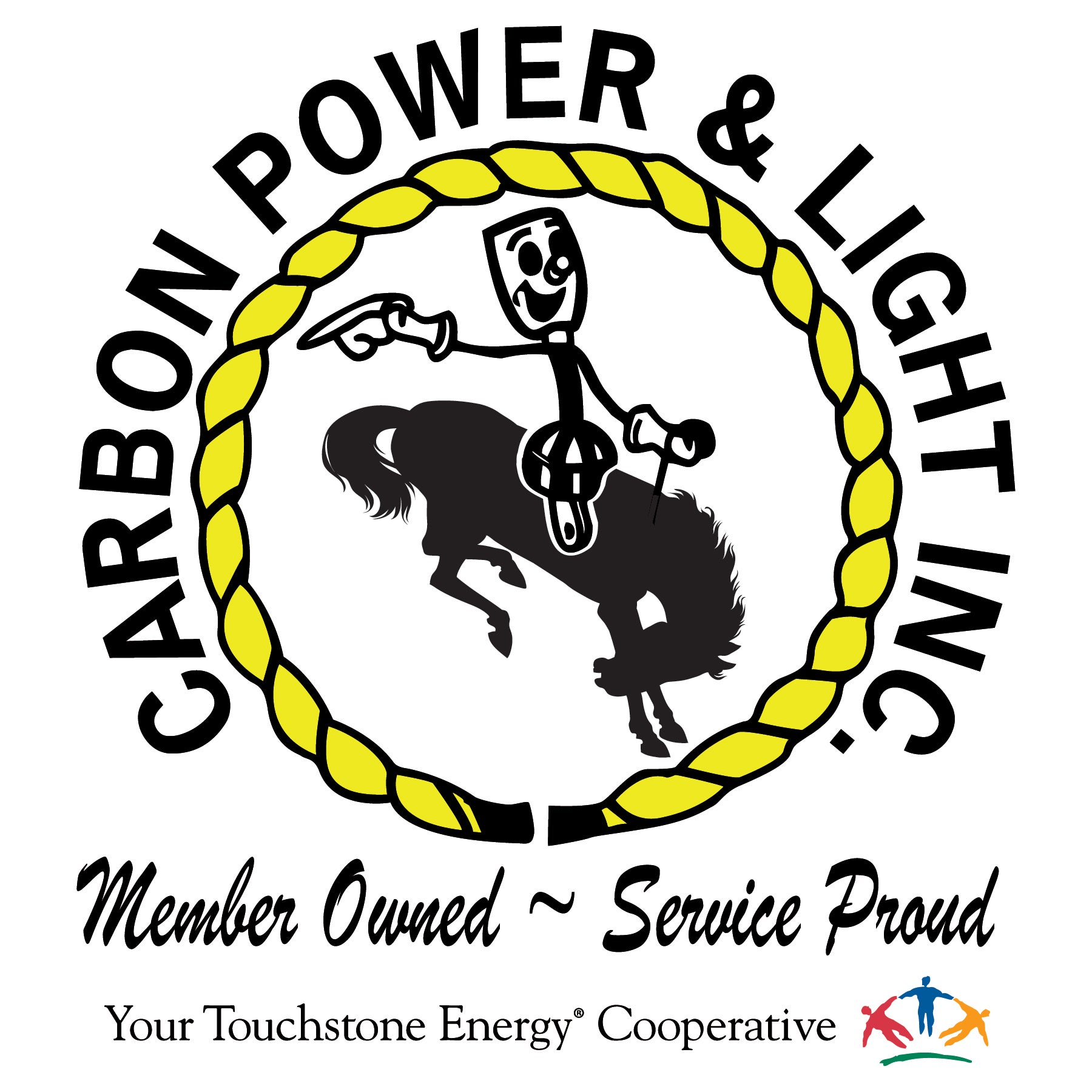Through any and all weather conditions, Carbon Power and Light works hard to keep the power on for every home and business in our service area. But sometimes unexpected conditions will cause our members to temporarily lose power. As a cooperative member, your satisfaction is our business, and we strive to deliver consistent, uninterrupted service 365 days a year.
Through any and all weather conditions, Carbon Power and Light works hard to keep the power on for every home and business in our service area. But sometimes unexpected conditions will cause our members to temporarily lose power. As a cooperative member, your satisfaction is our business, and we strive to deliver consistent, uninterrupted service 365 days a year.
Call 1-800-359-0249 or 307-326-5206 and relay any outage or trouble information you might have. At present, using the phone to report troubles is the only way we can be absolutely sure that you will receive an immediate response – especially at night or on weekends. Please do not use email to contact us.
We have dispatchers available 24 hours a day, 365 days a year. When you have a power outage the first step to take is to make sure it is a utility outage and not just a blown or tripped circuit in your house. If you are unfamiliar with your home power panel, check with your neighbors to see if they have power.
If they do, chances are you only have a tripped breaker.
Once you have determined it is a utility power outage, please report it by calling either 1-800-359-0249 or 307-326-5206. Please let the dispatcher know how critical the repair is – our linemen will work in the middle of the night to restore your power.
Our dispatcher will then take that information and send a line crew to find the problem causing the outage and begin work to restore the power.
If you have more than one service with Carbon Power and Light, you will need to have your name, telephone number and meter numbers or account numbers available to distinguish which service is affected by the outage.
The meter number is printed on your bill, and is also located on the face of the meter. Another useful piece of information is the service address, which is located on the top portion of your bill to the right of your account number, below your mailing address.
Stay at least ten feet away from downed power lines. The voltages are so high that even getting close to one can draw an arc that could easily be fatal.
When storms or other circumstances cause an outage, we take immediate action to restore service. Although we work as quickly as possible to get the power back on, there are some steps you can take before, during and after an outage to make it easier to cope.
Always have alternate sources of light on hand. It could be a flashlight with extra batteries, candles, and kerosene or oil lamps. Flashlights are safest.
Keep your alternate light source in an established place where it can be found easily in an outage situation. Be careful with any type of open flame.
Have a battery-powered radio available. The radio will bring you weather reports, local news bulletins and other important emergency information.
Stock emergency food and related items along with a manual can opener. Keep your refrigerator and freezer doors closed as much as possible to reduce the chance of food spoilage.
Turn off all large appliances that come on automatically and disconnect sensitive equipment such as media devices, computers and TV’s to avoid damage from lightning or a power surge. If all of these appliances come back on at once, they might overload your home’s electric circuits. Leave a single lamp turned on to let you know when your electric service has been restored.
Give the electrical system a chance to stabilize by gradually reconnecting the appliances you previously disconnected.
When the power first comes back on, turn on only the most essential appliances and wait a few minutes before reconnecting others. Before switching back on your heating unit, check the outdoor unit to assure that the fan and outdoor heat exchanger are free from ice and snow. Check the food supplies in your refrigerator and freezer for signs of spoilage.
Don’t take chances with food you are not sure about. If you’re in doubt, throw it away.


